Sorry, that’s old news…
You’ve found an older news story. We delete stories from our AAP News Feed after two months. But fear not, here’s today’s news!
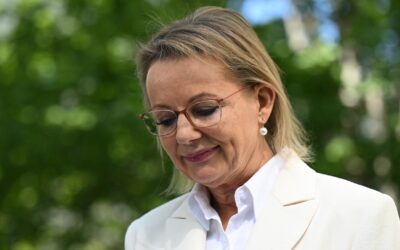
Political candidates are jostling ahead of a crucial by-election test after Sussan Ley was deposed as opposition leader.

Virgin Australia has released its initial set of first-half results after listing on the stock exchange last year.

Paramount Skydance has raised its offer for Warner Bros Discovery, putting pressure on Netflix to respond in the ...

Despite, or perhaps because of strong results from Nvidia shares on Wall Street and in Europe have traded down, ...
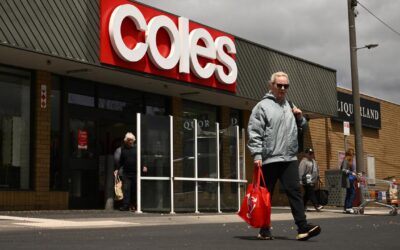
The stakes are high for Coles as it unveils its half-yearly results, while fighting allegations of misleading ...
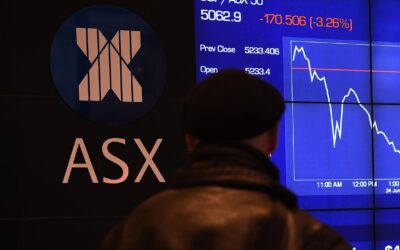
The local bourse's value has swelled by about $85 billion in February to record highs, swept up by strong interim ...
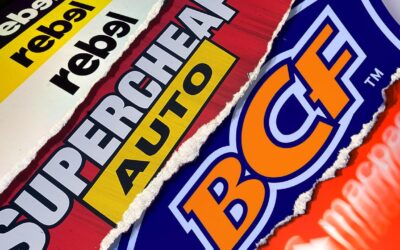
Super Retail Group's profit fell 20 per cent in the first half, but sales were up and that momentum has continued ...
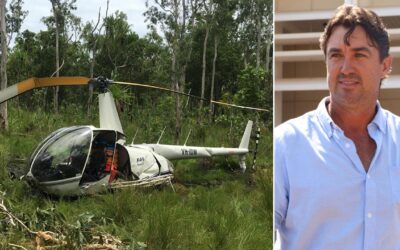
Celebrity crocodile wrangler Matt Wright has fired his lawyers as he fights legal action from the widow of the ...
No results found.
Background image courtesy victoriancollections.net.au